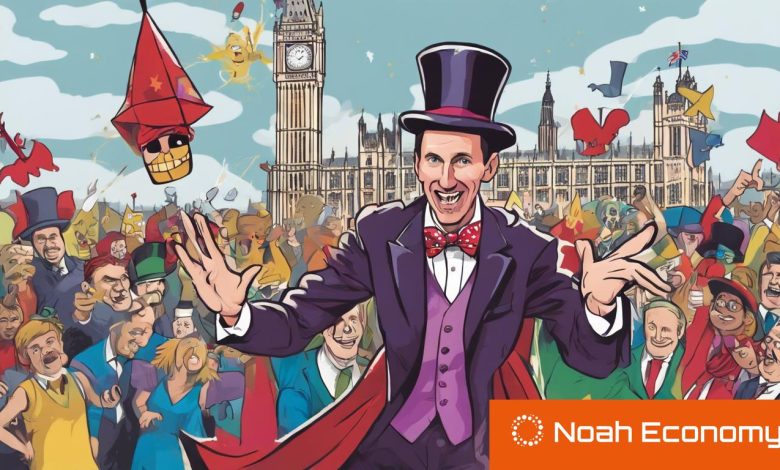Chancellor Jeremy Hunt’s 2024 Budget: Tax cuts amidst sustainability concerns

Chancellor Jeremy Hunt announces significant tax reductions in the 2024 Budget, sparking debate over their long-term implications for the UK’s economy and public finances.
Chancellor Jeremy Hunt announced a significant Budget for 2024, focusing on major tax reductions that have sparked considerable debate on their long-term implications for the UK’s economy and public services. At the heart of the Budget is a 2 percentage point cut in national insurance, which is expected to save the average worker around £450 annually, and lower the main rate for self-employed individuals from 8% to 6%, benefiting approximately two million people. Despite these cuts, the move has stirred concerns about its sustainability due to potential impacts on already strained public finances and the overall tax burden.
The reduction aims to lessen the tax load on citizens, marking the lowest personal tax rates since 1975. However, with income tax thresholds remaining frozen, experts warn of a possible increase in the number of individuals moving into higher tax brackets over time—a phenomenon known as fiscal drag. The Office for Budget Responsibility pegs the net cost of the national insurance cut at £8.9 billion, raising questions about the fiscal trajectory of the country.
Critics, including Labour leader Keir Starmer, argue that the Budget fails to address critical issues such as economic stagnation, living standards, and the tax burden, which is predicted to reach its highest level since 1948. There’s also apprehension about the future, with the possibility of public spending cuts and tax increases post-election, despite Hunt’s reassurances of economic growth and responsible tax cuts aimed at boosting employment and mitigating the cost of living crisis without escalating borrowing.
The Budget has introduced other measures, including easing the cost of living crisis and ending the non-dom tax status, but has left the country divided. While Hunt professes positive reforms and financial stability, the opposition criticizes the government’s approach as a short-term fix ahead of more challenging fiscal decisions expected in the future. The political discourse continues as the nation assesses the Budget’s immediate benefits against its long-term implications for economic health and public services.








